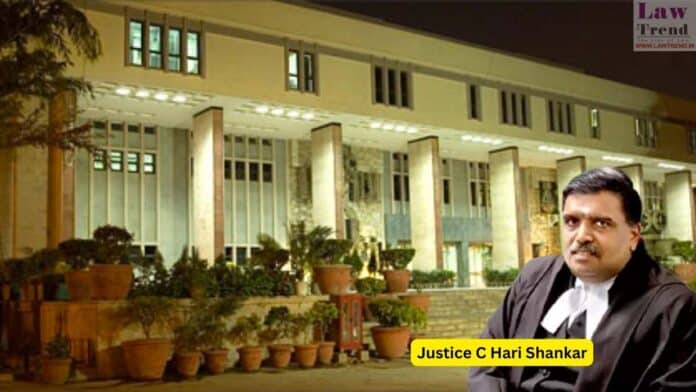In a recent ruling, the Delhi High Court reinforced the enforceability of settlement agreements reached through court-directed mediation, declaring them binding and executable as court orders. The judgment, delivered by Hon’ble Justice C. Hari Shankar, addresses crucial legal questions regarding the enforcement of such agreements, the jurisdiction of courts, and the applicability of the Civil




